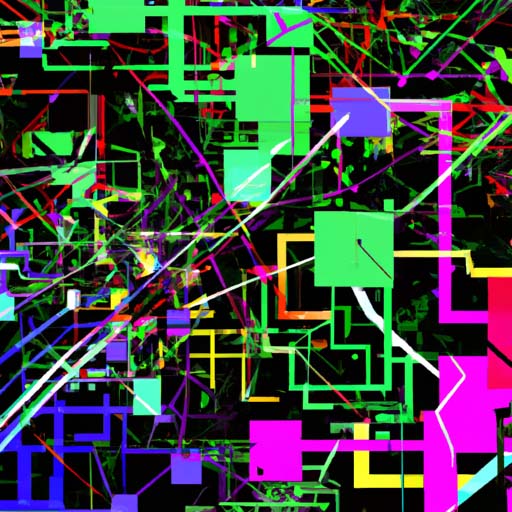- The intersection of digital health and the digital economy has the potential to transform healthcare and the economic and societal structures.
- The focus is on expanding fibre infrastructure through public-private partnerships, contributing to improved health, economic growth, and menstrual well-being.
- The digital renaissance of healthcare involves leveraging technology to enhance healthcare accessibility, efficiency, and outcomes
- Digital health not only addresses immediate health concerns but also contributes to economic productivity.
- Millennials and Gen Z are demanding a paradigm shift in healthcare services, embracing telehealth and wearable technology.
- Artificial Intelligence in healthcare is paramount, especially in ensuring compliance with crucial practices related to Maternal, Newborn, and Child Health.
Despite the complexity involved in technological advancement, the convergence of digital health and the digital economy has the potential to disrupt healthcare and our societal structures fundamentally. This topic was at the heart of a recent discussion with Dr Bosun Tijani, the Minister of Communications Innovation and Digital Economy, and the America Business Council ICT Committee.
In this digital age, healthcare is undergoing a transformative renaissance, shedding its outdated image and embracing the myriad of possibilities offered by technology. The focus is on leveraging technology to increase healthcare accessibility, improve efficiency, and enhance outcomes. The shift from the traditional, reactive model of healthcare delivery to a proactive and personalised approach is a significant breakthrough. The embrace of digital technologies ranges from telehealth solutions, enabling virtual consultations, to wearable devices, allowing real-time health monitoring. A significant part of this transformation includes weaving these digital threads into the healthcare fabric.
Moreover, the fusion of the digital health sector and the economy amplifies economic growth, fosters innovation, and promotes inclusivity. The Minister highlighted the indispensable role of fibre infrastructure, vital for expanding the digital economy, fostering an environment conducive for businesses to thrive. Digital health is not only critical for addressing immediate health concerns but also contributes to economic productivity.
Digital natives, notably Millennials and Gen Z, are at the forefront of demanding a paradigm shift in healthcare services. Their dissatisfaction with traditional models favours a consumer-centric approach, pushing providers to innovate and prioritise inclusivity as their healthcare requirements evolve.
The role of Artificial Intelligence (AI) in healthcare is crucial in reducing biases and ensuring compliance with necessary practices, particularly related to Maternal, Newborn, and Child Health (MNCH). Nigeria’s commitment represents a broader global recognition of AI’s potential to enhance healthcare quality and accessibility.
However, navigating the complex digital landscape comes with challenges. It’s important to have strategic policymaking, robust cybersecurity measures, and considerable in infrastructure to ensure a seamless transition. The collaboration between the public and private sectors is a critical component for success, echoing the partnership spirit required to expand fibre infrastructure.
In conclusion, the connection of digital health and the digital economy represents not just a technological evolution, but a comprehensive shift towards a consumer-centric, inclusive, and technologically empowered healthcare landscape.
